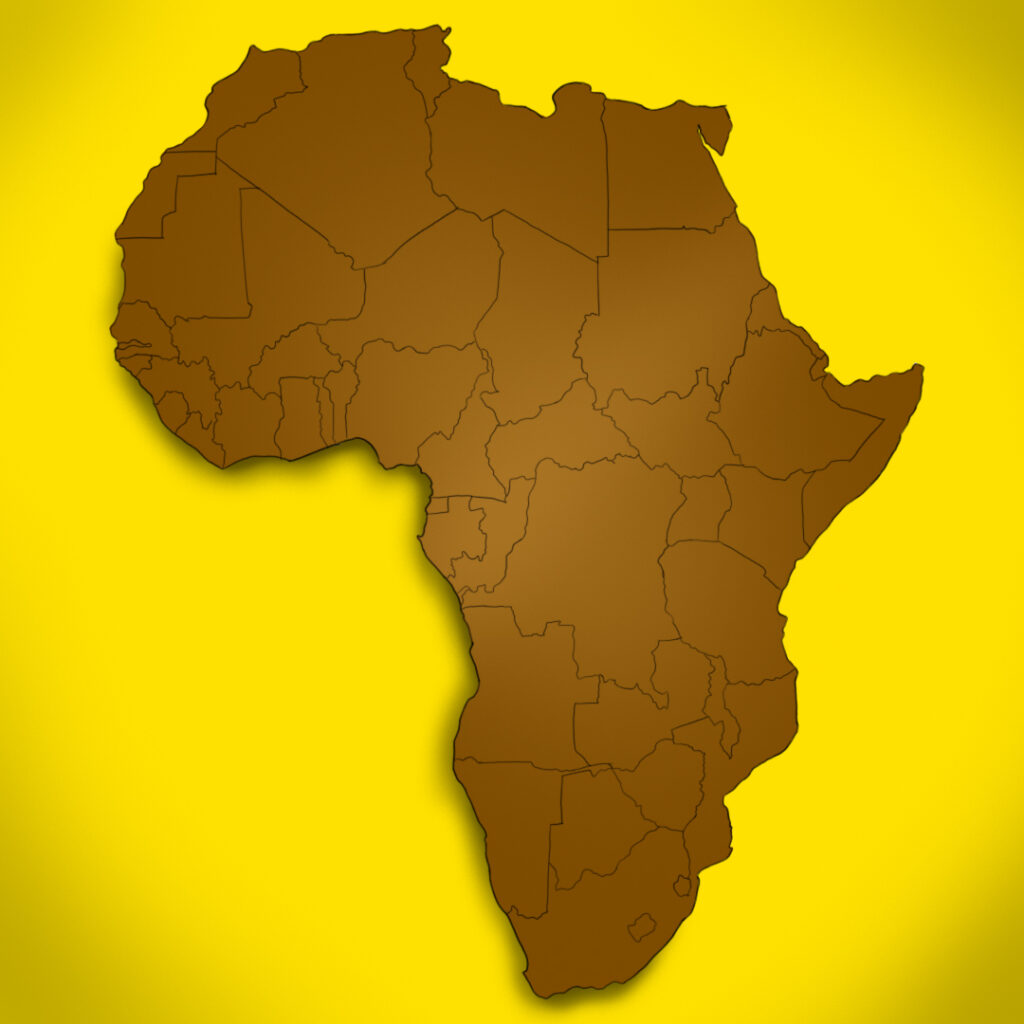African culture is rich with heritage dated thousand of years. Africa having the first university and diverse tribes scattered around with each their own unique heritage and culture , but with the influence of colonialism and imposition by foreign powers. Westernized culture has penetrated the fabric of our culture from dressing, to food, to societal standards, to values and education e.t.c
Importance
It is very essential that we begin developing African ideologies for self-determined development. This will help us as we are a unique continent. And we have peculiar challenges that cannot be solved by adoption of solutions from other continents. Hence, we have to embrace our peculiarities in making solutions.

Challenges to Promoting African Ideologies
As a continent we have had various challenges that has been a stumbling block to promoting our ideas. They are:
- The legacy of colonialism: Africa has been under imposition of foreign ideologies, education systems, and economic structures. Many youth migrated to urban areas for better living under the influence of modernisation. This affected societal values and how agrarian living was viewed.
- Neocolonialism: Foreign organisations have played a part in influencing the continent through aid, trade agreements, and political interventions. Our cultural aspects have been changed to ensure after time under their influence. Areas such as language erosion, food fusion are some of the sphere of influence.
- Internal divisions: There has been been ethnic tensions noted across the continent, marked with civil wars. Furthermore, the political instability especially in the cases of military intervention (coup d’ etat). In addition to these, the lack of regional cooperation amongst us.
Strategies for Fostering African Ideologies
Here are the five strategies for fostering African ideologies that will push us forward as a continent:
- Reclaiming and Reinterpreting African Traditions: We can do this by reviving and documenting indigenous knowledge systems especially in agriculture, healthcare, governance. We can reclaim our educational systems to include trade apprenticeship and use of trado-pharmaceuticals in healthcare. In addition, we can develop regional educational institutions e.g Universities, Polytechnics etc focused on promoting African history and development.
- Building Pan-African Collaboration: We can achieve building collaboration by encouraging intellectual exchange across African nations. Researchers, scientists and inventors can share their contributions and findings across the continent by holding seminars, workshops and online meetings.
- Promoting African languages and artistic expressions:The government, private sector and non governmental organisations can help promote the use of our local languages. We should teach with them, perform arts with them and be proud of them. We should push our cultural heritage to the world by integrating our local practices in fashion, music, poetry and movies. Furthermore we can advocate for a unified voice in international negotiations, as this will help us protect our common interest and values.

Politics and External Influences
- Critical Engagement with External Ideas : Like the proverb says “Do not throw out the baby with the bath water”. We do not have to dump the useful aspects of foreign ideologies, instead we can identify them e.g in democracy, human rights. And we can also adapt these external models to suit our African contexts .In addition, we can develop strong institutions to resist undue foreign influence.
- By re-evaluation of pre-colonial political structures and philosophies: Africa, before colonialism had varied political structures and philosophies. Major ones being monarchy, age grade system and communal decision-making. We can look at positive aspects of these that can be adapted into our present times.
Potential Benefits of Cultivating African Ideologies
If we are able to implement the following strategies. The benefits of cultivating African Ideologies include:
- Creation of development strategies tailored to our unique needs and environment in Africa.
- It also encourages a stronger sense of self-determination
- It promotes cultural identity and pride amongst Africans.
- There will be enhanced regional cooperation across our countries and economic growth.
- We will have more equitable and inclusive governance structures.
We have to re-emphasize the importance of ongoing dialogue and critical thinking in developing African ideologies. Optimism for the future where Africa determines her own path to development by self reliance, fills my heart.
